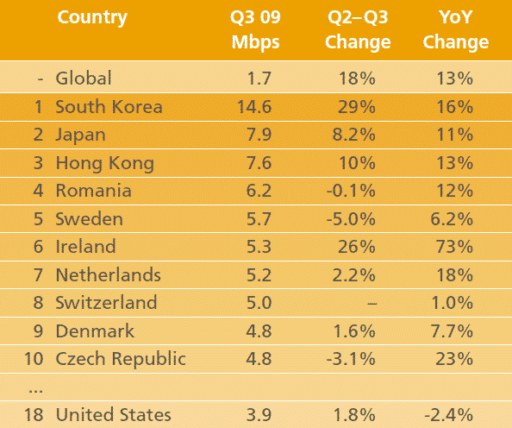After complaints against Google by three companies in Europe, the European Commission has been looking into Google’s activties insearch of possible anti-competitive actions taken by the company. Recently, Google’s search rankings have been criticized by the Foundem, a price comparison site and one of the three companies filing the complaint. Their co-founder recently wrote an article which suggested that regulators should set rules for how search engines rank results. The article accused Google of exploiting its dominance in search by displaying its own services at the top of search results.

In response to this, Google Fellow Amit Singhal wrote in a blog post on Feb. 25, “Our algorithms use hundreds of different signals to pick the top results for any given query. Signals are indicators of relevance, and they include items as simple as the words on a webpage or more complex calculations such as the authoritativeness of other sites linking to any given page.
We believe that approach which relies heavily on an individual’s tastes and preferences just doesn’t produce the quality and relevant ranking that our algorithms do.”
To show there is room for improvement in its own rankings — and perhaps to suggest that Google doesn’t favor its own sites — he noted that the query “search engine” does not list Google in the top few results.
There is nothing in the post that Google has not revealed before, but the company said news of the Commission’s investigation had prompted “lots of questions” about how Google’s ranking works.



